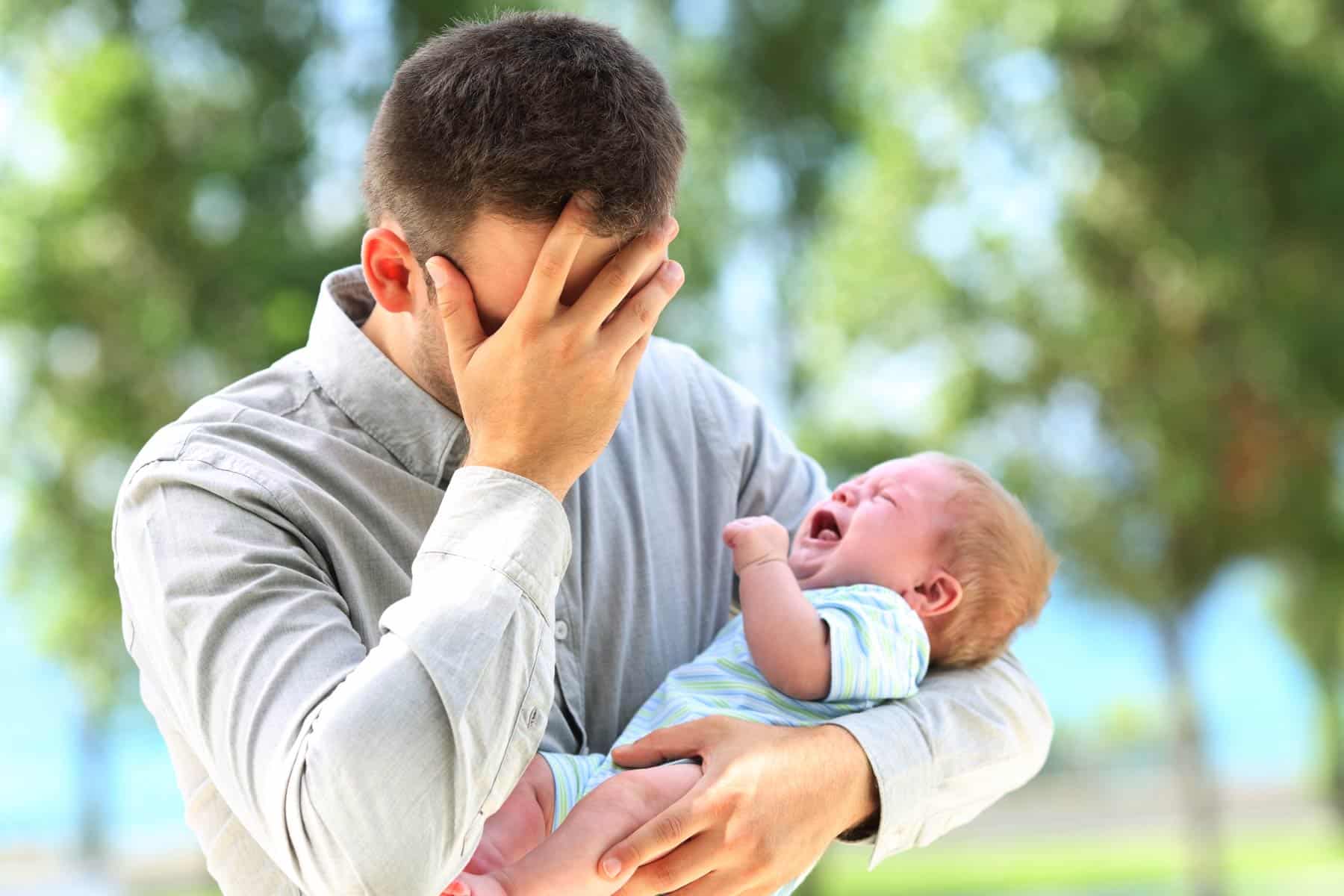When we think of Postpartum Depression or Anxiety, we immediately think of the impact on new mothers. Yes, roughly 80% of new mothers will experience the “baby blues” after giving birth which is contributed to the biological changes related to hormone fluctuations, however, there are other significant contributors to perinatal mood such as changes to identity, routine (hello sleepless nights), pre-existing conditions and often feelings of isolation. These factors not only impact new mothers, but in fact new fathers and partners often struggle with similar challenges related to roles, responsibilities and the psychological transition to parenthood and identity.
In fact roughly 1 in 10 men and partners will experience symptoms of postpartum depression (PPD) after the birth of a child. Symptoms may look completely different than what we may see in women, for example women often turn their sadness and fear inward, whereas men are more likely to show their feelings outwardly through irritability, anxiety and anger. Other symptoms may include:
- Feeling disconnected from their baby and/or feelings that their baby hates them
- Fears and anxieties that something may be wrong with their baby
- Increased use of mood altering substances or partaking in high risk behaviors
- Increased conflict or disconnection from partner
- A noticeable loss of interest or pleasure
Male or partner postpartum depression is easily eclipsed by its maternal counterpart leaving partners left to suffer in silence. It’s important to raise awareness of the potential impacts of bringing a new baby home on both parents. From my experience, new mothers typically have more of a network to support them through the transition into parenthood, whether through family, friends or mommy groups, partners/fathers are left to be stoic and tough things out while supporting their partner. Often not talking to their partner out fear of being a burden, or feeling ashamed to admit they’re struggling to friends. Symptoms of depression and anxiety often won’t resolve on their own, and can have serious repercussions when ignored. It’s important to seek help immediately.
Similar to mothers, I encourage fathers/partners to also seek support on how to better manage the transition to parenthood. Counselling such as Cognitive Behavioural Therapy (CBT) and Mindfulness strategies can help new parents better manage their thinking patterns that can perpetuate postpartum symptoms. Counselling provides you a safe and confidential space to talk about your challenges and come up with realistic solutions to better cope.
It can’t be emphasized enough the importance of asking for help. Don’t let shame or guilt stand in your way of getting help; the risks are greater than not asking. If you find yourself struggling with thoughts of self-harm please call COAST at 1-877-825-9011 or 911, or go to your nearest emergency room.
If interested in psychotherapy and counselling supports, please book an appointment with our perinatal mental health trained therapist today. Psychotherapy and Counselling services are available at Bronte Wellness Boutique.


